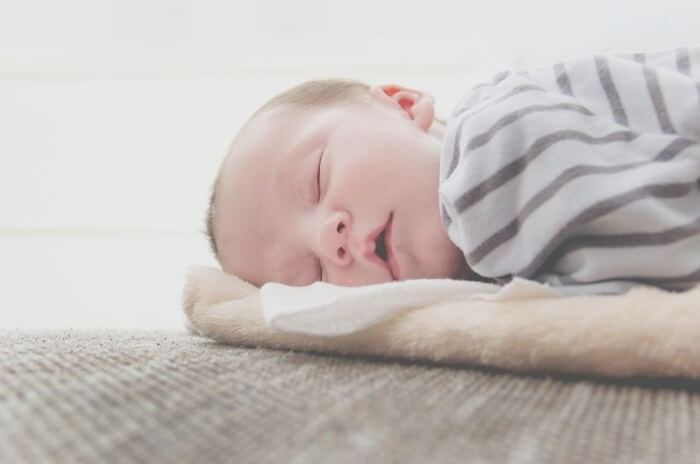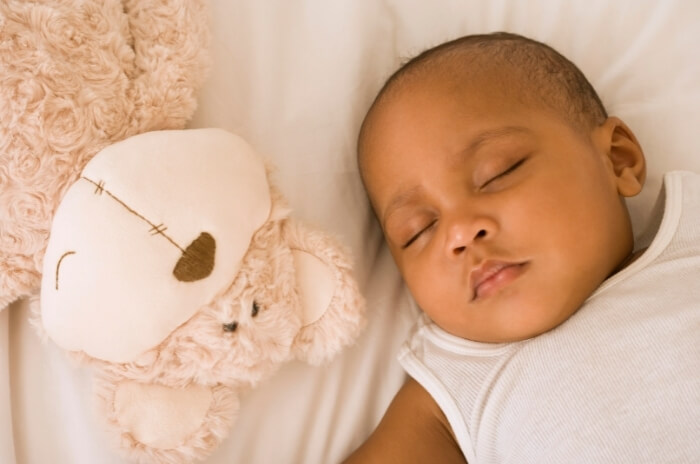
If you are a parent who has a baby aged between 0-2 years age, then there is a fair chance your baby is sleep deprived. A knock on effect is that you yourself are likely also sleep deprived. Many parents believe this is just par for the course, and that their babies will grow out of the “poor sleeping patterns” however in some cases the opposite can be true! If you do not “teach/coach” your baby how to find sleep then they can fall into poor sleeping habits that can stick with them for years. The good news is that help is available, and the person or professional who is best placed to help you is called a baby sleep consultant.
Now you might be thinking what is a baby sleep consultant, and what do they do? Well check out this very helpful information below that will hopefully clear all this up for you. The best advice I can give if you are open to using a baby sleep consultant is that you need to look after yourself so that you can look after your baby. By helping your baby find the gift of sleeping well, you are going to be giving yourself the same thing. Sleep deprivation can really take its toll and a parent also needs adequate sleep so they can provide the best care and love to their children now and into the future.

1. An Overtired Baby
An overtired baby will fight sleep more readily due to a build up of the stress hormone cortisol which makes it much harder for them to calm and settle for sleep. Be aware of your babies tired signs (e.g yawning, rubbing eyes, staring blankly) and ‘awake windows' to help avoid your baby becoming overtired.
2. Baby Takes Longer To Calm
Some babies take longer to wind down and to reach a state where they can fall asleep more readily. Consider singing, gentle rocking and patting to assist with the calming process.

3. Baby Not Awake For Optimal Times
Every baby at different ages has a different optimal period of time when and how long they should be awake. These vary day to day as well.
4. Baby Is Over Stimulated
Reflect on your babies time before sleep and ask yourself what does their lead up to sleep look like? Are they doing physically active experiences or are they slowing down and engaging in books? Take a look at your babies sleep environment, is it calming and relaxing or are there excessive lights and noises that could stimulate your baby? Less is definitely more.

5. Baby Has Separation Anxiety
If your baby is around the 8 month mark they might be starting to experience separation anxiety. This is due to something called “object permanence" when they realise that things and people exist when they are out of sight. This can present with challenges for sleep and settling.
6. Baby Experiencing Developmental Leap
Babies experience 10 major developmental leaps during the first 20 months of their lives. This can cause some disruption in their settling and sleep patterns, resulting in them potentially needing some extra support and reassurance. It can help having an understanding of why their sleep is affected during these stages of development.

DAILY SLEEP & FEED PATTERN GUIDE
Below are typical night-time and daytime sleep needs for babies aged 0-2. A baby who is fighting or resisting sleep will typically as a result have substantially less than these amounts.
0-12 Weeks (Age)
No. of Daytime Sleeps 5 - 6 times
Awake up for 10 mins after some feeds for newborns.
Play up to one and a half hours.
No. of feeds per day 6 - 10
16 - 18 (ish) Total hours of sleep in a 24 hours period.
3-16 Months (Age)
No. of Daytime Sleeps 3 times
Awake one and a half hour at 3 months.
Play up to 2 hours at 6 months.
No. of feeds per day 5-6
15 - 16 (ish) Total hours of sleep in a 24 hours period.
6-12 Months (Age)
No. of Daytime Sleeps 2 - 3 times
Awake 2 hours at 6 months.
Play up to 3 hours at 12 months.
No. of feeds per day 5
14 - 15 (ish) Total hours of sleep in a 24 hours period.

12-15 Months (Age)
No. of Daytime Sleeps - Toddlers may cut back to 2 sleeps a day or even manage with one long sleep a day
Awake approx 3 - 4 hours.
Play, feed then sleep pattern should be encouraged overnight
Family foods plus milk from a cup
14 - 15 (ish) Total hours of sleep in a 24 hours period.
18-20 Months (Age)
Toddlers may drop their late afternoon sleep and have only one long sleep per day.
2-3 Years (Age)
Toddlers may have one sleep per day, but it can vary enormously in length. Some will continue to need an afternoon nap even after the commencement of
kindergarten
Information provided courtesy of www.completelybaby.com
Sweet dreams x
